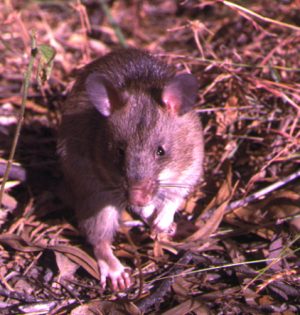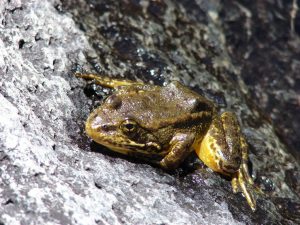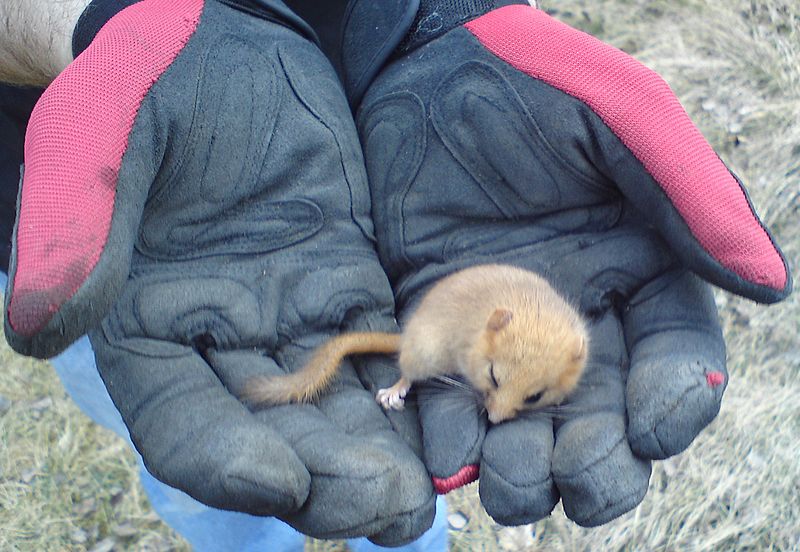Latest Jobs
-
Marine Ecology Team Leader/Research Assistant Archipelagos Institute of Marine Conservation

-
Microplastics Laboratory Assistant Archipelagos Institue of Marine Conservation

-
Admissions Officer Archipelagos Institute of Marine Conservation

-
Marine Mammal Team Leader/Research Assistant Archipelagos Institute of Marine Conservation

LEDs on Fishing Nets Reduce Seabird Deaths
By illuminating fishing nets in the waters off Peru with lights, researchers have shown that they reduce seabird deaths by 85%.
Read More »The State of America’s Birds
We must pay attention to the message that Martha left us with, and act quickly to halt declines and prevent extinctions of all America’s bird species.
Read More »Latest Volunteer Roles
-
Conservation Garden Volunteer Yorkshire Wildlife Trust

-
Breeding Bird Volunteer Surveyor Yorkshire Wildlife Trust

-
Northern Projects Voluntary Placement – Survey & Monitoring Yorkshire Wildlife Trust

-
Weekend family Activities Volunteer WWT - Wildfowl and Wetlands Trust

Sniffing Rats May Save Pangolins
African giant rats are being trained to sniff out pangolins being trafficked for illegal trade.
Read More »Recovery of Yosemite’s Yellow-legged Frog
A study shows that after decades of decline (and despite continual exposures to stresses such as non-native fish, disease and pesticides) the frog’s abundance across Yosemite has increased seven-fold.
Read More »Dormice in Dire Straits
The only way to ensure the survival of the dormouse, according to The Woodland Trust, is to create stronger, more resilient landscapes by planting more native trees and diverse woods, better management of these woods and by bringing back hedgerows to create wildlife corridors that connect the woods and prevents further isolation of dormice populations.
Read More »Gentle Giant Gains New Protection
The International Union for Conservation of Nature (IUCN) upgraded the Manta Ray’s 2006 classification from “near threatened/regionally vulnerable” to “vulnerable.” This was in response to growing demand for their gill rakers
Read More »Reach 1000's of candidates
AdvertiseSubscribe
Get the latest from us delivered straight to your inbox every week!







